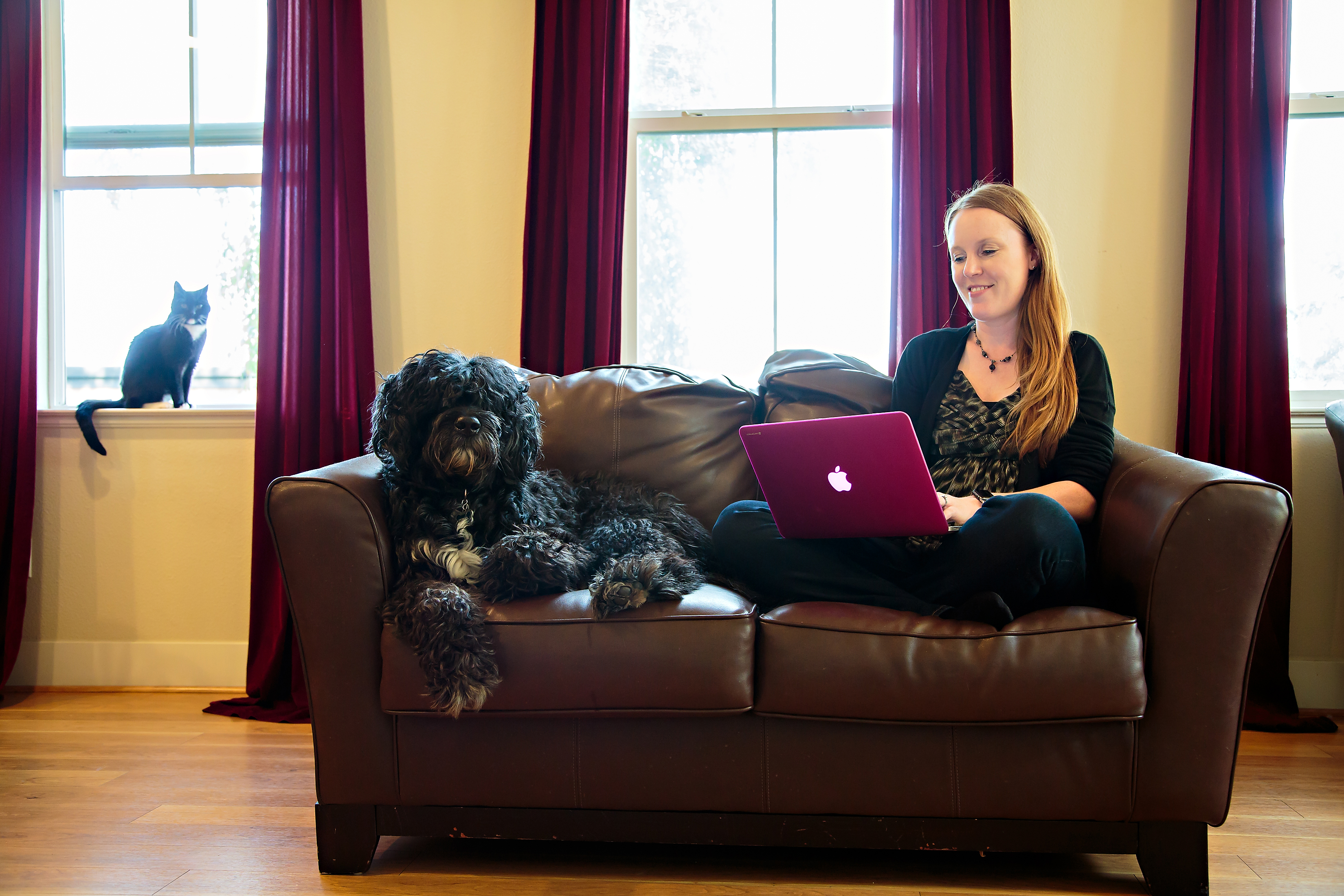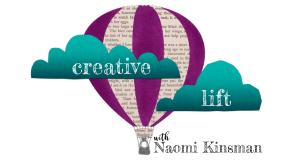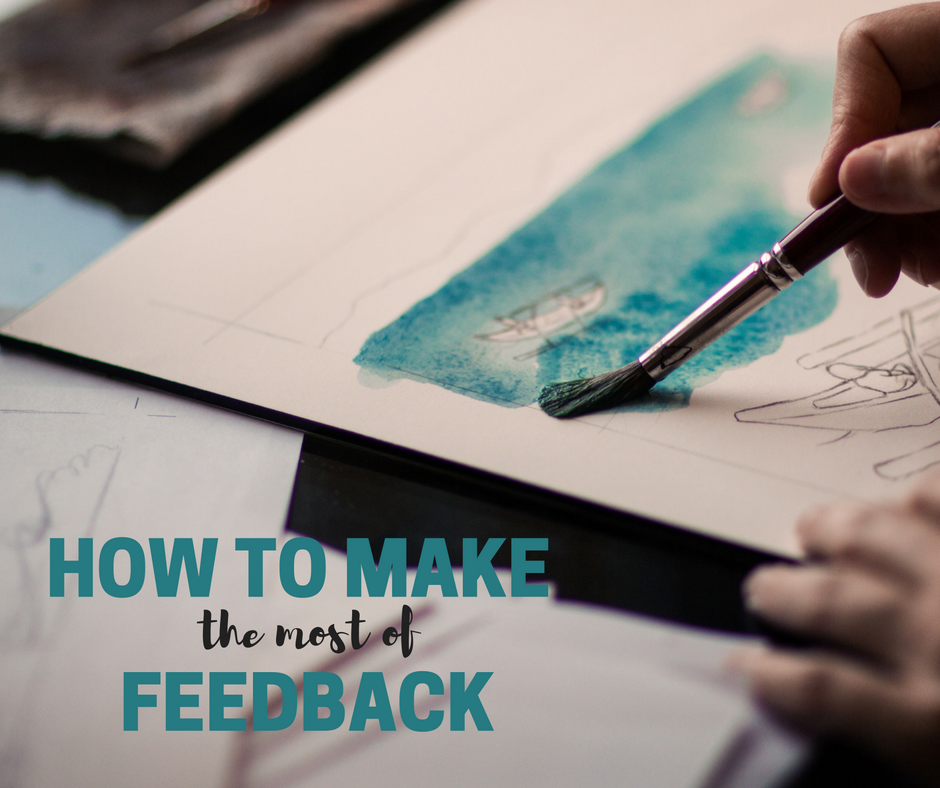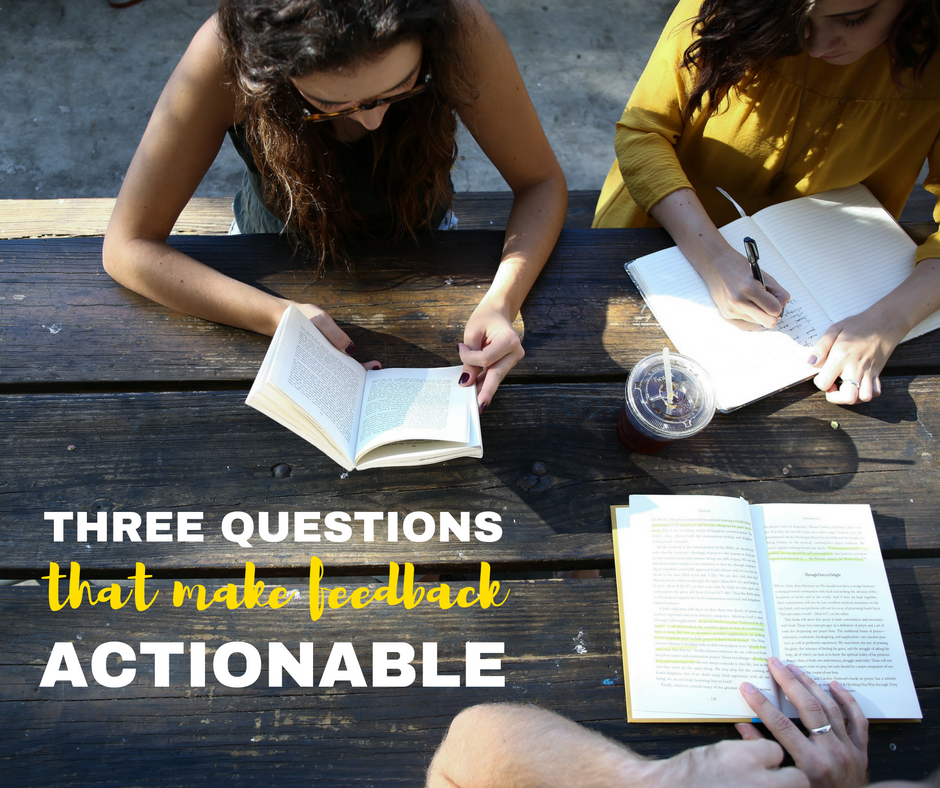Writerly Play Kit: 007
Make the Most of Feedback
WP Kit: 007
Make the most of feedback
In college, I had regular acting assignments. Week after week, I’d step onto the studio floor and take on a character to the best of my ability. No matter how long or intensely I’d practiced, my professors always had suggestions for how I might improve my scene.
It took a long time for me to accept this feedback loop as a vital part of the creative process. Honestly, what I wanted was a gold star. “Wow, Naomi. Excellent job. I can’t imagine how your scene could be any better.”
As I deepened my skill set, the suggestions became more complex. Often my professors responded with some form of, “I wonder what would happen if you …” Over time, I began to understand. The feedback loop was an act of collaborative observation. Our shared goal was to deepen, develop, transform the scene. Even more importantly, our goal was to move me, the artist, forward in my creative development.
Now, I realize that feedback is a gift. Caring enough about someone else’s work to think about it and ask probing questions is not a small investment of energy. The observer may not be able to put the problem they sense into words. Their gift of “I wonder what would happen if you …” is a huge red arrow pointing to an issue that I, the artist, need to solve.
It’s easy to toss someone’s feedback away, thinking it’s irrelevant. On the other hand, we might grab hold of someone’s idea and think we must do as they say. Both responses are missing the point. To make the most of feedback, we must listen through the words to identify the underlying issue. We might try the proposed solution plus a dozen others before we find an answer. Our ultimate job is to clarify and solve the problem.
Accepting feedback requires vulnerability. We must allow others to point out our blind spots. In the process, we must accept the fact that we have blind spots. However, in the end, the resulting growth is absolutely worth it.
In this Writerly Play Kit, we’ll explore strategies, activities, and resources to help us receive the gift of feedback and make the most of it.

Featured articles
CREATIVE LIFE
HOW TO MAKE THE MOST OF FEEDBACK
In order to make the most of feedback, you must be a strong translator. Why?
Feedback doesn’t come gift-wrapped with a solution.
In fact, feedback generally points out holes, problems or weaknesses. As the creator, your job is to not panic, to hear past the comments, and to identify the true problem that’s being raised.
THREE QUESTIONS THAT MAKE
FEEDBACK ACTIONABLE
Whether you’re writing a novel, developing an app, or designing a lesson plan, your creative process will yield stronger results if you seek feedback at key points along the way. Often when we seek feedback, we want to give our advisors room. So, we ask a wide-open question along the lines of, “What do you think?” However, when we’re on the receiving end of such a question, we immediately see the problem. The most likely answer to “What do you think?” in an emotionally fraught situation is, “Ummm…”
So, what might you ask instead?
“Hard conversations, giving and receiving feedback, problem solving, ethical decision making, these are all born of vulnerability.”
-Brene Brown
The Writerly Play CAFE
Activities
Pin the Heart on the Problem
FOR INVENTORS
List the issues raised and then use “Why …?” to narrow in on the heart of the problem.
The Question Queue
FOR ARCHITECTS
Line up your questions and address them one by one in this structured revision approach.
And Down the Stretch they Come
FOR SPECIAL AGENTS
Choose the frontrunner issues and tackle them head-on with a quick-listing exercise.
Scramble and Sort
FOR COLLABORATORS
After collecting feedback, scramble and sort it into new categories so the group can help the writer choose a starting place for a revision.
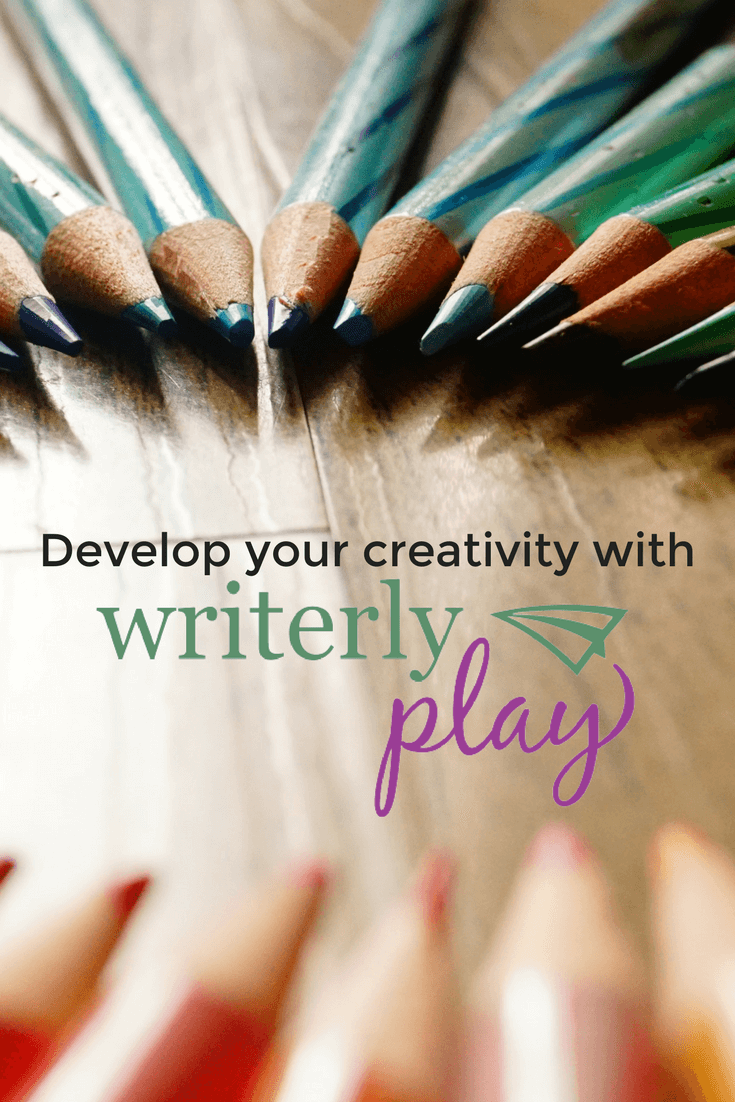
Wondering what Writerly Play is all about?
Writerly Play is designed to help you make the most of your creative potential. Each Writerly Play Kit is designed to help you stretch your thinking skills and develop practical strategies perfectly fit for you.
Want a shortcut? If you don’t have time to read today, but want a quick win, try this quick quiz to identify your creative strengths and weaknesses:
Once you know what works best for you, you need a perfect-for-you plan. Writerly Play functions more like a map rather than a cookie-cutter recipe. First, you’ll locate yourself on the map. Then, with a clear understanding of where you are, you can make informed choices about your next best steps.
